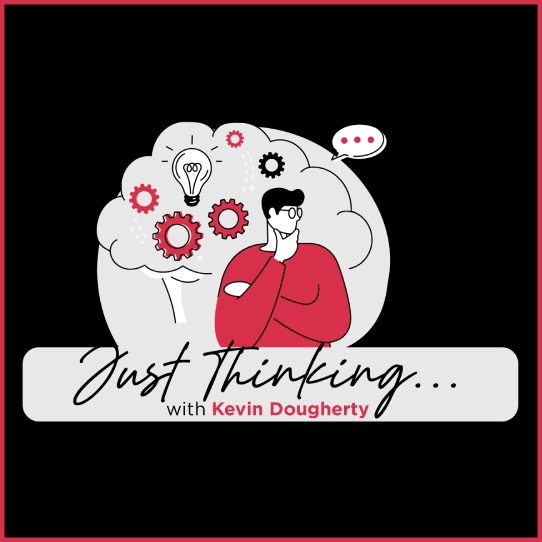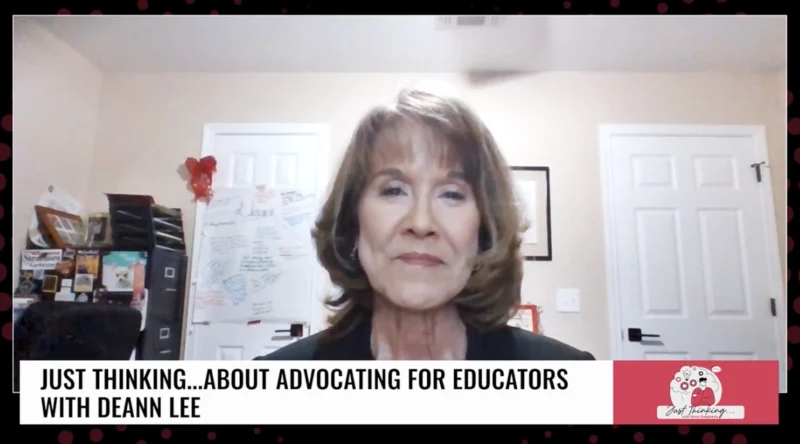JUST THINKING… About Artificial Intelligence vs. Human Intelligence with Dr. Michael Harvey
As artificial intelligence continues to evolve at lightning speed, the conversation is shifting from what AI can do to what it should do—and how it compares with, or complements, the uniquely human traits we bring to learning, work, and society. While schools grapple with AI’s integration into classrooms, some educators are asking a deeper question: what does it mean to be truly intelligent in this new era—and how do we protect and elevate human intelligence in the process? McKinsey’s analysis on generative AI forecasts that by 2030, up to 30 percent of work hours in the U.S. could be handled by machines, highlighting a growing urgency for the workforce to strengthen skills in areas like critical thinking and emotional intelligence.
So, in a world rapidly reshaped by AI, how do we safeguard and elevate the distinct power of human intelligence (HI)? Can technology serve as a tool for connection, rather than a replacement?
In this episode of Just Thinking, host Kevin Dougherty speaks with Dr. Michael Harvey, Teacher in Charge of Electronics and Director of E-learning at Marlborough Boys College in Blenheim, New Zealand. Drawing from Māori knowledge systems and his work in the Human Intelligence Movement, Dr. Harvey explores how AI can enhance—not replace—human intelligence (HI), especially when grounded in indigenous principles of collective learning, relational teaching, and community connection.
Key moments from the conversation:
- Dr. Harvey explains how indigenous frameworks and relational learning models in New Zealand emphasize the collective over the individual—offering an alternative to traditional Western metrics of intelligence.
- He shares how AI tools, when used thoughtfully, can enhance social-emotional learning by providing data-driven insights into student well-being and engagement.
- Harvey makes the case for radically reimagining education—from abolishing age-based grade levels to fostering student-teacher role reversals—as part of a broader transition to human-centric learning.
Dr. Michael Harvey is a future-focused educator and digital learning leader with expertise in integrating AI, culturally responsive pedagogy, and learner agency into secondary education. As Director of E-learning and Electronics at Marlborough Boys College, he leverages tools like ChatGPT, NotebookLM, and AR/VR to design inclusive, metacognitive learning experiences grounded in both cutting-edge tech and Māori educational values. Harvey’s international teaching experience, content development roles, and leadership in communities like the AI Forum of New Zealand reflect his commitment to reimagining education for equity, innovation, and human connection.
Article written by MarketScale.




